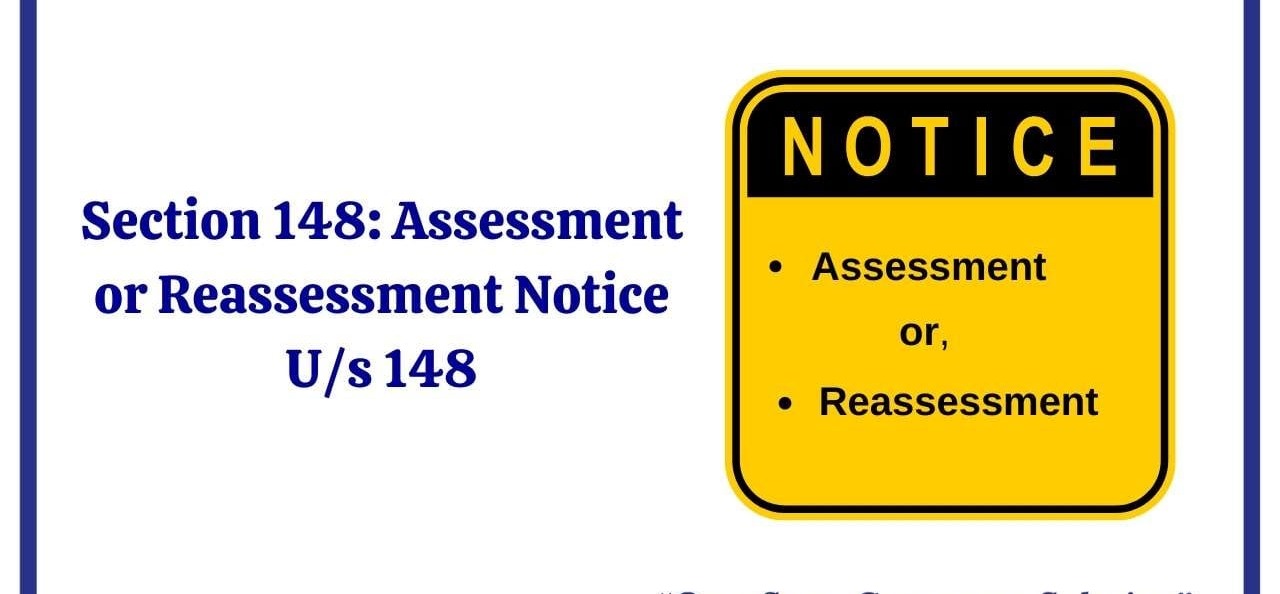@JUDGMENTTAG-ORDER
1. The Union of India is in appeal against the order of the Maharashtra Administrative Tribunal. By the impugned order, the Tribunal had directed that the respondent should be paid the pension, and since the original respondent has retired in the meantime, the legal representatives should be paid the family pension. Admittedly, the applicant before the Tribunal was an officer in the Indian Police Service. Having joined in the service in the year 1948, he resigned from service with effect from 18-1-1968. From 1973 onwards, he has been making representation to the Union of India through the State Government that pension should be given to him in relaxation of the relevant provisions of the rules which clearly debars him from getting pension by exercising power under Rule 3 of the All-India Services (Conditions of Service-Residuary Matters) Rules, 1960 hereafter referred to as "the Residuary Matters Rules").
2. The State Government having considered the representation filed by the employee did recommend his case to the Union of India for necessary relaxation to the provisions contained in Rule 5 of the All-India Services (Death-Cum-Retirement Benefits) Rules, 1958 (hereinafter referred to as "the Retirement Benefits Rules") and grant pension to the employee concerned. The Union Government, however, was not persuaded to accept the recommendation of the State Government, and rejected the representation of the employee concerned, he approached the Tribunal by filing application for necessary relief as already stated. The Tribunal by the impugned judgment, considering all relevant facts, came to the conclusion that the rejection of the representation by the Union Government is arbitrary and therefore, by invoking the powers under Rule 3 of the Residuary Rules and being of the opinion that the employee was entitled to get pension, issued the impugned direction. The Tribunal held that, though the employee concerned was entitled to get pension with effect from the date of his resignation, since sufficient time had elapsed between the date of resignation and a rejection of his representation before the Union of India, it granted the relief for one year prior to the filing of the OA, i.e., 26-10-1993, and further, since the original applicant died during the pendency of the application, the Tribunal also directed that the family pension should be paid to the dependant of the original applicant on a monthly basis in accordance with the Rules.
3. Learned counsel appearing for the Union of India contended that since under the Retirement Benefits Rules, an employee who resigns from the service is not entitled to get any pension and the recommendations of the State Government were not accepted by the Union Government for invoking the power of relaxation as contained in Rule 3 of the Residuary Matters Rules, the Tribunal was wholly without jurisdiction in granting the relief sought for. Learned counsel also further urged that the person concerned having retired as early as in the year 1968, was not entitled to invoke the jurisdiction of the Tribunal in the year 1994, after a lapse of this length of time.
4. So far as the second contention is concerned, there cannot be much force since the final order of the Union Government rejecting the representation of the applicant was passed only on 15-4-1994. But so far as the first contention of the Union Government is concerned, the same has sufficient force. Under Rule 5 of the Retirement Benefits Rules, no retirement benefit can be granted to a person who has resigned from the service. The original applicant before the Tribunal admittedly resigned from the service with effect from 1-1-1968, and therefore, under the relevant Rules, he was not entitled to claim any pensionary benefit. It is no doubt true that the State Government had recommended his case for sympathetic consideration for invoking the power of relaxation under Rule 3 of the Residuary Matters Rules. But that power is an enabling power of the Central Government, which on consideration of facts in an appropriate case, may, grant relief, in relaxation of certain provisions of the Rules or the Regulations made under the All-India Services Act. But a court or Tribunal cannot exercise that power and grant relief to the employee concerned in derogation of the relevant Rules, which debars an employee from getting the pension. In the case in hand, no doubt, the State Government had recommended the case of the employee, but the Union Government, on whom the power under Rule 3 of the Residuary Matters Rules vests for relaxation, did not choose to exercise that power. In such circumstances, the Tribunal has no jurisdiction to exercise the power of relaxation of Rules and issue any direction for payment of pension to the original applicant. The impugned direction of the Tribunal, in our view, was wholly without jurisdiction and therefore, cannot be sustained. We, accordingly allow this appeal and set aside the impugned order of the Tribunal. There will be no order as to costs.

